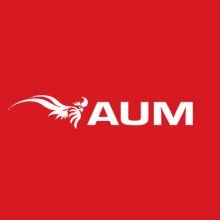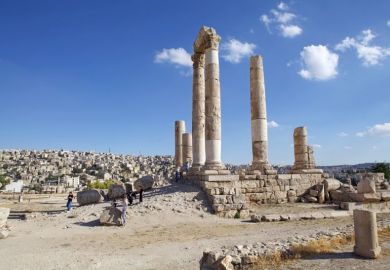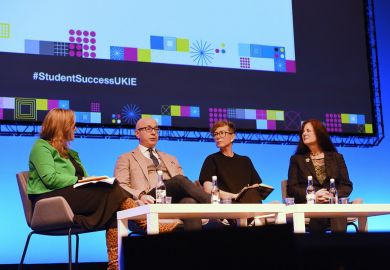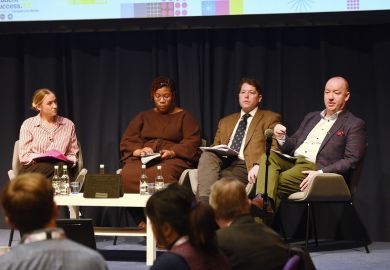Universities in the Arab world are often overlooked in favour of their Western counterparts, despite inhabiting the birthplace of many academic disciplines that “carried the light of learning through so many centuries, paving the way for Europe's Renaissance and Enlightenment,” according to former US President Barack Obama in his address to Cairo University in 2009.
The Times Higher Education University Rankings Forum on 27 July, co-hosted by the American University of the Middle East (AUM), will give delegates an exclusive first look at the new THE Arab University Rankings, charting performance in the region against existing infrastructure, while aiming to identify areas for growth and reputation enhancement.
Following an opening keynote presented by Fahad AlOthman, chairman of the board of trustees at AUM, Phil Baty, THE’s chief knowledge officer, will be joined by Francisco Marmolejo, higher education president of the Qatar Foundation, to discuss the types of immediate opportunities required to aid the region’s socio-economic recovery from Covid-19.
The first panel will debate sustainability efforts in the Arab world, with insights from Arif Al Hammadi, executive vice-president of Khalifa University of Science and Technology, and Huda Alwehaibi, vice-rector of development and quality at Princess Nourah bint Abdulrahman University. The panellists will discuss whether sustainability is considered a core tenet of their universities, and how these missions are contingent on the needs of local communities in reconciling economic and environmental demands.
The subsequent live reveal of the Arab University Rankings will be led by Duncan Ross, THE’s chief data officer; Ellie Bothwell, THE’s rankings editor; and Nick Davis, commercial director of EMEA for THE.
Ms Bothwell said: “The inaugural THE Arab University Rankings are our most comprehensive assessment of higher education in the Arab region to date. We have developed a bespoke methodology to understand the performance of Arab institutions based on their own characteristics, missions, and activities.
"Our global rankings data already show that many universities and systems in the region have made strong progress; we hope that our new ranking will shine a light on this performance, enable more institutions to benchmark themselves against a range of relevant performance indicators and assist in the further development of higher education in the Arab world.”
Louise Simpson, founder and director of the World 100 Reputation Network, will moderate a conversation orientated around rankings as a means to enhance university reputation, and in turn cultivate a richer faculty and student body. She will be joined by Nathalie Bouldoukian, director of quality assurance and institutional advancement at AUM, and Mark Mulqueen, director of global branding and communications at King Abdullah University of Science and Technology.
In the forum’s penultimate session, Sally Jeffery, global education skills at network leader for PwC, will examine the role of universities in facilitating the jump from graduation to the workforce in the Middle East by equipping students with skills that are most applicable to the needs of the region.
In addition, there will be a lightning presentation of the THE Membership proposition to provide delegates with clear-cut examples on how to reach their university rankings objectives, posed by Michael Lubacz, THE’s business development director.
Speaking as the host of the forum, Georges Yahchouchi, president of AUM, said: “The American University of the Middle East is committed to excellence and to providing life changing learning experience for students and graduates who are ready to lead and succeed in the economic and social development of our countries.
“The THE Arab University Rankings bring new insights on competition and cooperation to leverage excellence in higher education in the region, and provide benchmarks for ambitious universities to measure, enhance and celebrate their impact.
“For AUM, rankings reflect its inspiring journey of excellence and commitment to continuous improvement.”
The Times Higher Education University Rankings Forum is on 27 July. Register to attend.
Register to continue
Why register?
- Registration is free and only takes a moment
- Once registered, you can read 3 articles a month
- Sign up for our newsletter
Subscribe
Or subscribe for unlimited access to:
- Unlimited access to news, views, insights & reviews
- Digital editions
- Digital access to THE’s university and college rankings analysis
Already registered or a current subscriber?






